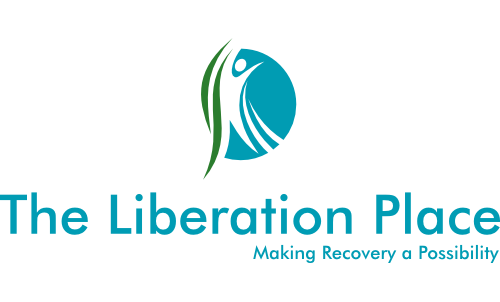The GIVE Skill
Relationship Effectiveness skills are specifically aimed at maintaining or improving our relationships with important people in our lives. While at the same time, dialectically speaking, trying to get what we want and need from the relationship by effectively communicating these things, when the time is right. When the relationship is important to maintain, in other words, when it’s a healthy adult connection that is a valuable aspect of our support network, it’s vital to pay attention to the general maintenance and dynamic that makes it this way. Increasing the strength of this type of relationship builds motivation to create more. So, when the situation calls for us to be there for someone else in a way that supports their needs, while maintaining our own sense of Self respect, Dialectical Behaviour Therapy draws on a skill known as GIVE.
“Healthy adult relationships are reciprocal, they go back and forth, and they’re definitely not just one way traffic.”
~Steven Morris RP.
In any healthy adult relationship, there are naturally many different aspects of give and take. Sometimes we’re the ones that are receiving support, getting what we need, and doing what it is that we want to do. Sometimes we’re the ones that are giving these things, and then there are times when we are all in a pretty central space that meets the needs of everyone involved. Healthy adult relationships are reciprocal, they go back and forth, and they’re definitely not just one way traffic. The Dialectical Behaviour Therapy Interpersonal Effectiveness skills provide the ability to create this type of relationship. On this page, we are going to introduce you to the skills involved with effectively maintaining relationships that are important by asking the central question, “what do I want the person to think and feel about me once this interaction is over.”
When entering into any kind of communication with another person, where the primary objective is improving or maintaining the dynamic of the relationship itself, Interpersonal Effectiveness turns the focus on the skills we need to improve the relationship. We do this by listening to the conversation, communicating in a way that actually makes the interaction a pleasant experience for all, taking accountability for our own behaviours, and not blaming others for the issues we’re facing. For instance, some of us may have a story that people don’t listen to us, don’t pay attention, or understand us when we speak. The emotional impact of these stories effects the way we communicate in many of our conversations.
“We have to be sure when maintaining the relationship dynamic that we don’t compromise our own self respect.”
~Steven Morris RP.
As with most Dialectical Behaviour Therapy (DBT) skills, GIVE continues the use of mnemonics. The purpose of this is because it’s been found to be extremely helpful for people to actually access the skills of DBT if they use this system of memory recall. Most people who struggle with obsessive, addictive, or compulsive behaviours, report that it can be difficult to access their memory when trying to figure out what it is they have to do in the moment. Which for many different reasons, can be particularly difficult to do in times of emotional distress. Mnemonics can help with this, and in this case, the mnemonic in question stands for (be) Gentle, (act) Interested, Validate, and (use an) Easy manner. Let’s take a brief look at what each one actually means.
(Be) Gentle
Being gentle actually translates to being nice and respectful in your approach to communication with others. It is well proven that, in general, people tend to respond better to “gentleness” way more than they do to communication that contains a level of “harshness” or confrontation.
(Be) Interested
The second G.I.V.E skill is to be interested in the other person. Listen to the other person’s point of view, opinion, reasons for saying no, or reasons for making a request of you. Don’t interrupt or try to talk over the other person. Don’t mind read thoughts or intentions without checking them out. Don’t assume that your ideas about what is going on inside the other’s mind are correct, especially if you think the other person is being intentionally hostile, hurtful, rejecting, or simply uncaring.
Validate
The third aspect of the skill in this particular module is validation, and hopefully we know by now, that validation means communicating that the other person’s feelings, thoughts, and actions are understandable to you, given his or her past or current situation. It’s important to note that, throughout this program, we are building your ability to validate the why, and not the what. In other words, you can validate the reason why a person is feeling, thinking, or doing something, without actually agreeing with what they are actually thinking or doing.
(Use an) Easy Manner
The final G.I.V.E skill is all about maintaining an “Easy Manner” which basically means practicing your ability to be lighthearted, relaxed, and open minded in your connections with the people you want in your life. If it’s appropriate, use a little humor, smile to help ease the other person along. This is often the difference between what’s sometimes known as the “soft sell” approach and what’s usually called the “hard sell” approach. Most people don’t like to be bullied or pushed into doing things, and they definitely have a push back against attempts to make them feel guilty by not doing what is being asked of them.
In the PDF below, you will find a worksheet designed to help you explore the use of the GIVE Skill, creating the scripts that you can use in conjunction with the Planning Ahead to Build Mastery skill we previously explored. If possible, take some time to download this worksheet, fill it out, work with it, and then mindfully rehearse the delivery of the script in the interactions that are important for you to maintain or improve the relationship dynamic.
Download the PDF of this page
Follow us on Social Media





